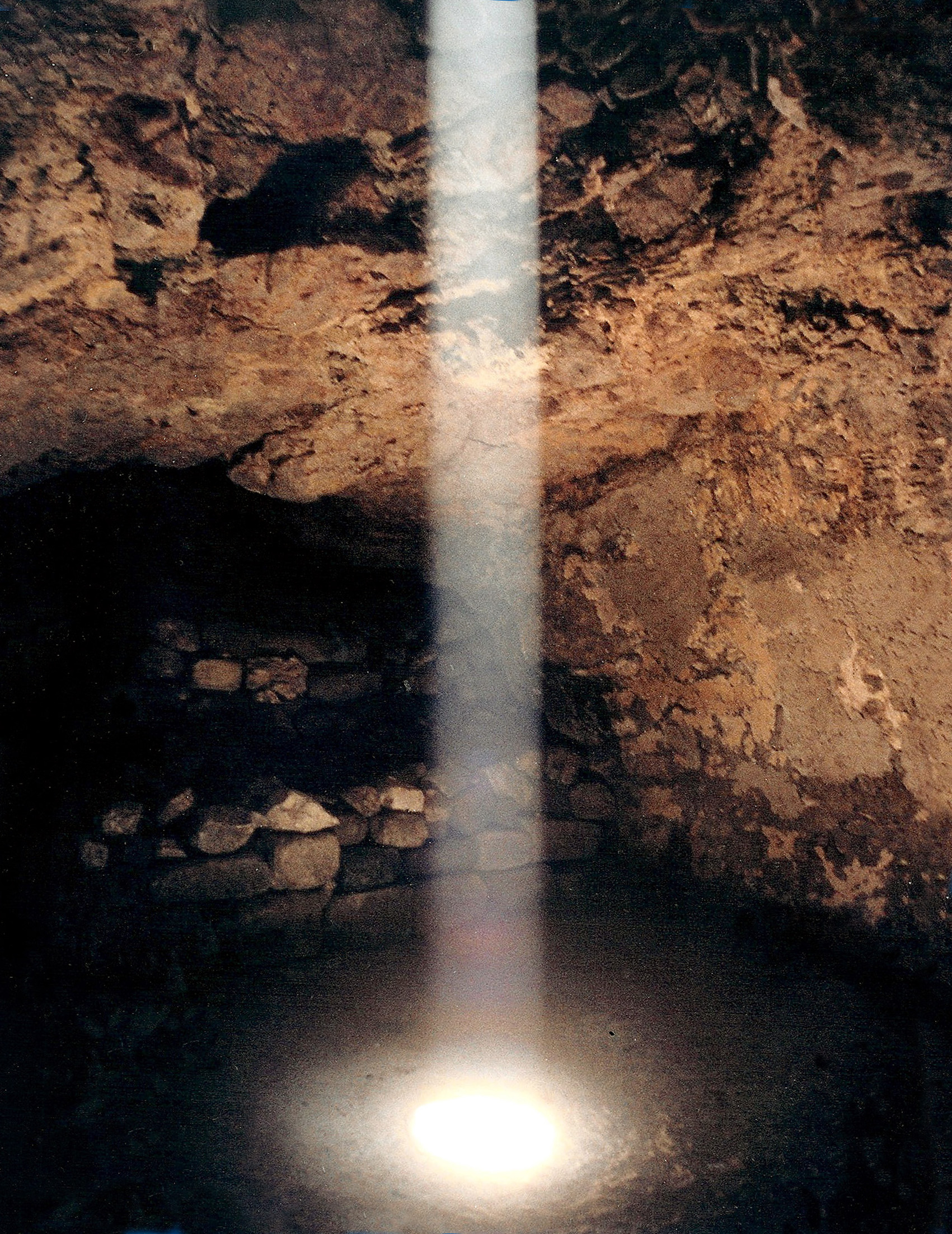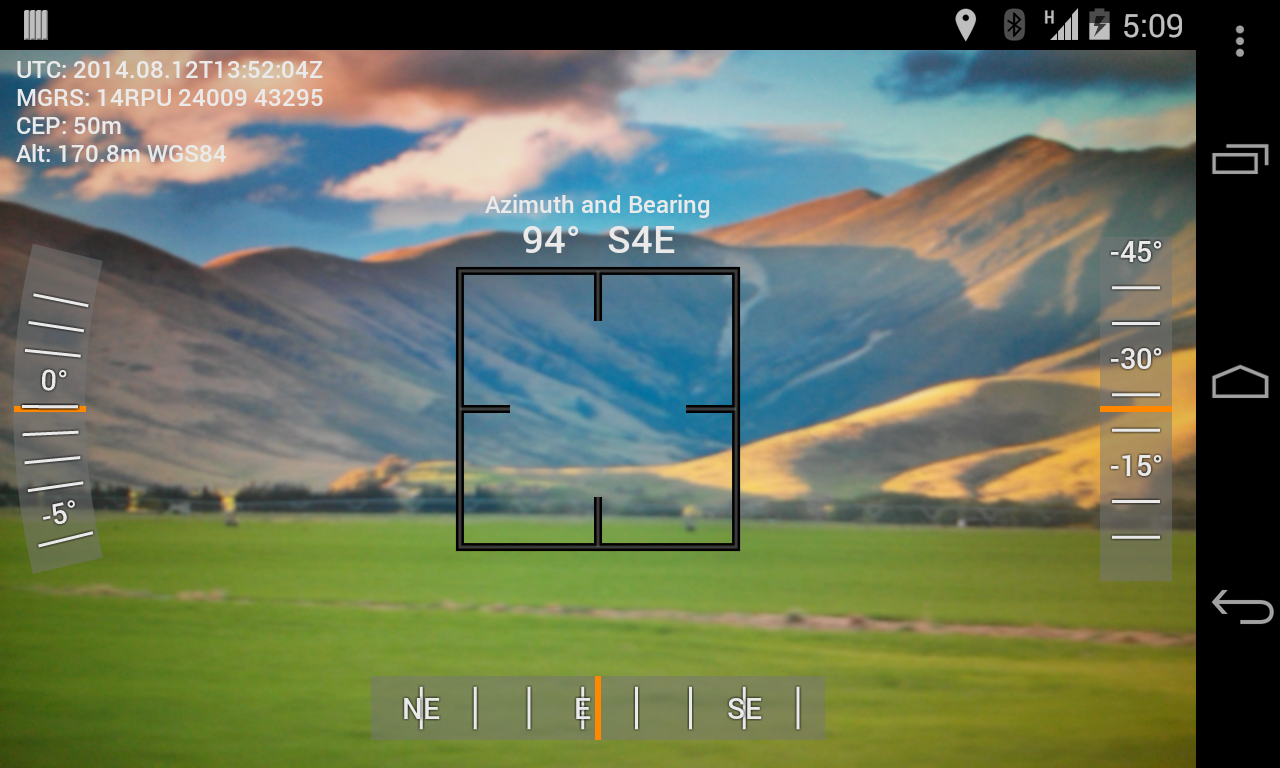One aspect of living within the tropics is that one or two tumes yearly, the sun passes through the celestial zenith over any location.
Also, given the 0.5 arc degree apparent size of our local star, there's room for "almost zenithal, but not quite so" passes.
Today I tried to record the yearly first, to no avail... due to clouds...
Zenithal Sun.
Forum rules
Post a new topic to begin a chat.
Any topic is acceptable, and topic drift is permissible.
Post a new topic to begin a chat.
Any topic is acceptable, and topic drift is permissible.
Zenithal Sun.
- Attachments
-
- Local zenith, 19°33' N, 99°12' W.
- 20230517_125954.jpg (132.08 KiB) Viewed 4344 times
Re: Zenithal Sun.
My understanding is the sun takes up 1 degree of arc in the sky which more or less gives us the 365 days in a year, or one full circle.
Also, I believe the inclination of the ecliptic is a bit more than 23 degrees so that the phenomena you describe only can occur at the equator +/- 23 degrees. Given that Mexico City is 19.4 degrees north, you are unique and special. It would have been awesome if Mother Nature could have cooperated for the event.
Also, I believe the inclination of the ecliptic is a bit more than 23 degrees so that the phenomena you describe only can occur at the equator +/- 23 degrees. Given that Mexico City is 19.4 degrees north, you are unique and special. It would have been awesome if Mother Nature could have cooperated for the event.
Re: Zenithal Sun.
Forgot to report, on the second opportunity, last may 18th, it was raining, so no way to try it. Will check again next opportunity on july 24th - 26th.
Besides, the 19.4° North is around downtown, over here, around Km. 23 of the highway to Querétaro, I'm at 19.56° North.
Greetings.
Besides, the 19.4° North is around downtown, over here, around Km. 23 of the highway to Querétaro, I'm at 19.56° North.
Greetings.
Re: Zenithal Sun.
The sun gets pretty darn hot here, but we are too far north of the equator to experience the sun at its local zenith.
O'Fallon Coordinates
38.8106° N, 90.6998° W
I used to have an interest in the exact time of a local sunrise. The question became exactly when do you consider to be the moment of sunrise. There are three ways to measure it.
1- when the upper limb of the solar disk crosses the local eastern horizon.
2- when the center of the solar disk crosses the local eastern horizon.
3- when the lower limb of the solar disk crosses the local eastern horizon.
The calculation will vary by as much as 4 minutes depending on how it's calculated.
I think the local horizon can easily be viewed, but how exactly is the zenith point measured? I know you are well versed in celestial photography and civil engineering and I bet you have some fancy gadgets to measure such things.
O'Fallon Coordinates
38.8106° N, 90.6998° W
I used to have an interest in the exact time of a local sunrise. The question became exactly when do you consider to be the moment of sunrise. There are three ways to measure it.
1- when the upper limb of the solar disk crosses the local eastern horizon.
2- when the center of the solar disk crosses the local eastern horizon.
3- when the lower limb of the solar disk crosses the local eastern horizon.
The calculation will vary by as much as 4 minutes depending on how it's calculated.
I think the local horizon can easily be viewed, but how exactly is the zenith point measured? I know you are well versed in celestial photography and civil engineering and I bet you have some fancy gadgets to measure such things.
Re: Zenithal Sun.
I use a very simple method. I hang up a plumb or equivalent at the extreme of a hook or a nail. and an X or arrow shaped trinket at the hanging point (a clothes peg may be enough).
The idea is that if there is no gust of wind, the plumb will hang vertically, and the shadow of the marker will cross squarely over the plumb weight at the moment of the zenith passage. This of course doesn't take into account local gravity offsets, like large cliffs or mountain chains that may tilt the plumb, but for all practical purposes it doesn't matter.
Online there are methods for measuring the altitude of the sun via this method, but looking specifically for zenithal sun observing, the online photos center on vertical objects without discernible shadow or purposely excavated caves such as the one in Xochicalco.
I'll look for a photo of this in my personal gallery. There must be something showing it.


* Edit *
Forgot to add. On the 'puterphone, I use an app called Dioptra. It uses internal acelerometer so that it shows the pointing data along with the camera image.

The idea is that if there is no gust of wind, the plumb will hang vertically, and the shadow of the marker will cross squarely over the plumb weight at the moment of the zenith passage. This of course doesn't take into account local gravity offsets, like large cliffs or mountain chains that may tilt the plumb, but for all practical purposes it doesn't matter.
Online there are methods for measuring the altitude of the sun via this method, but looking specifically for zenithal sun observing, the online photos center on vertical objects without discernible shadow or purposely excavated caves such as the one in Xochicalco.
I'll look for a photo of this in my personal gallery. There must be something showing it.


* Edit *
Forgot to add. On the 'puterphone, I use an app called Dioptra. It uses internal acelerometer so that it shows the pointing data along with the camera image.
- Attachments
-
- Local zenith, Dioptra.
- 423202315332.jpg (238.07 KiB) Viewed 4329 times
Re: Zenithal Sun.
I believe I understand what you do to determine the moment of the sun crossing the local zenith. It is indeed simple and accurate enough. I could not find the app Diaoptra in the Google (Android) store, but there were several other GPS oriented apps. I didn't see one that integrates with the camera such as the screenshot of your clever phone. I doubt that I would have a practical use for such an app, but it would be very interesting to experiment with. LOL
Re: Zenithal Sun.
I guess I should clarify my comments about the app ...
I have a Pixel 3 from the Google store and they are currently on generation 7. It's hard to believe my OS is too new for that app. LOL
I have a Pixel 3 from the Google store and they are currently on generation 7. It's hard to believe my OS is too new for that app. LOL
Re: Zenithal Sun.
I tried yesterday, July 26th, as it was the last chance of the second zenithal sun pass of the year. I used a threads ball as a plumb, and a Bahtinov mask as a marker, that I tried to center over the thread suspension point as well as I could. Here is the photo evidence. The length of the cord is around 2.35 meters and the diameter of the Bahtinov mask central circle is 3 centimeters. I also added a Dioptra take.
- Attachments
-
- 626202312398.jpg (265.84 KiB) Viewed 4285 times
-
- Sol cenital sombra.png (510.92 KiB) Viewed 4286 times
-
- Sol cenital soporte.png (305.23 KiB) Viewed 4286 times
Re: Zenithal Sun.
By Jove, I think you got it! The sad news is now we are headed toward winter. Then again, my weather station is recording a temperature of 104℉ at the moment in my back yard. This is supposed to keep up for a week or more.